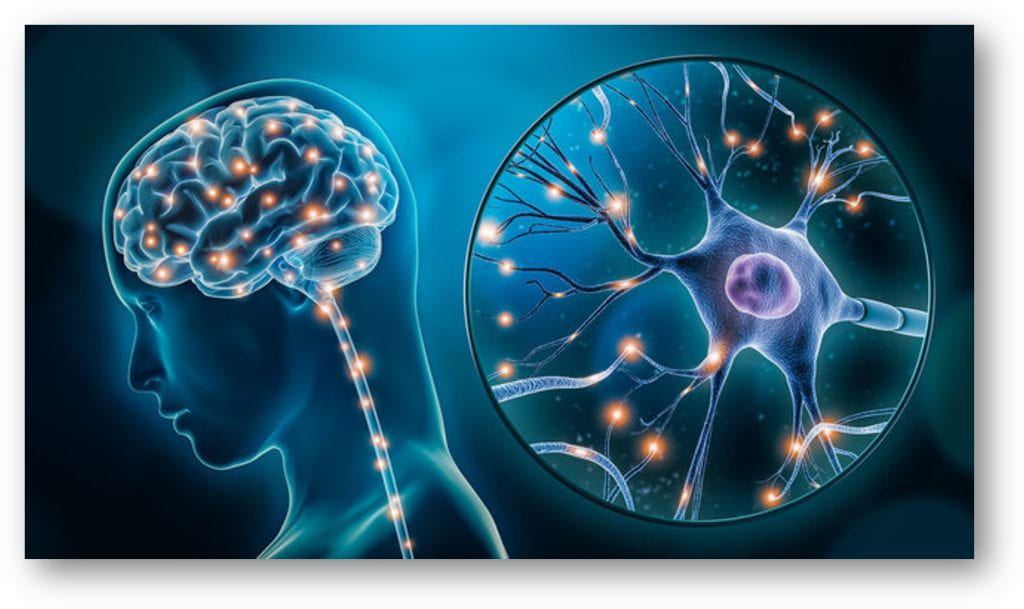
The focus of the RTG research training is mathematical theory and computational methods for diagnosis, assessment, prevention, and treatment of chronic and infectious diseases. The specific RTG training themes are Cancer Biology, Computational Neurology, and Vector-Borne Diseases. The program research, guided by experimental work, will advance mathematics by developing state-of-the-art stochastic modeling and optimal control frameworks for the dynamics of cancer biomarkers, neuronal physiology, and immunological interactions between co-circulating vector-borne viruses; and efficient and accurate computational methodologies for solving differential and integral equations, as well as integrating modern data science and machine learning methods with the aforementioned classical techniques for analyzing data and solving the proposed mathematical problems.
RTG THEME #1: Cancer Biology [Roy, Kojouharov, Chen, Ambartsoumian, Hamm, Wang; Collaborators: Pan (UTA Nursing), Brotto (UTA Nursing), Wang (VA-NTHCS/UT-SWMC)]:

RTG scholars train to develop a novel mathematical framework for modeling and control of biomarkers, such as signaling pathway dynamics like Ca2+ and EGFR, serum concentration, and vascularization, to better understand the strategies for monitoring and treatment of various types of cancer. RTG training topics include the development and analysis of stochastic mathematical models for biomarker dynamics, theoretical and computational frameworks for integral transforms, new optimal control schemes along with a rigorous numerical analysis, and cutting-edge classification and manifold learning methods.
Selected references:
- Y. Chang, M. Funk, S. Roy, E. Stephenson, S. Choi, H. Kojouharov, B. Chen and Z. Pan. Developing a mathematical model of intracellular calcium dynamics for evaluating combined anticancer effects of Afatinib and RP4010 in esophageal cancer, International Journal of Molecular Sciences, 23(3):1763, 2022.
- S. Roy. A new nonlinear sparse optimization framework in ultrasound-modulated optical tomography, IEEE Transactions on Computational Imaging, 8:1-11, 2022.
- S. Roy, Z. Pan, and S. Pal. A Fokker-Planck feedback control framework for optimal personalized therapies in colon cancer-induced angiogenesis, Journal of Mathematical Biology, 84:23, 2022.
RTG THEME #2: Computational Neurology [Maia, Su, Wang; Collaborators: Liu (UTA Bioengineering), Peng (UTA Psychology), Pascual (UT-SWMC)]:

RTG scholars investigate pathological effects that occur across multiple spatial scales, such as in neuronal injury, in network (circuit) damage, neurodegeneration at the whole-brain level, in organism models, and with other quantitative methods and analysis. Scholars will also train to work with open-source datasets such as ADNI (Alzheimer’s Disease Neuroimaging Initiative), NDA (National Institute of Mental Health Data Archive), and PPMI (Parkinson’s Progression Marker Initiative).
Selected references:
- P. D. Maia, S. Pandya, B. Freeze, J. Torok, A. Gupta, Y. Zeighami, and A. Raj, Origins of atrophy in Parkinson linked to early onset and local transcription patterns, Brain Communications, 2(2): fcaa065, 2020.
- A. A. Nguyen , P. D. Maia , X. Gao, P.F. Damasceno, and A. Raj, Dynamical role of pivotal brain regions in Parkinson symptomatology uncovered with deep learning, Brain Sciences, 10(2): 73, 2020.
- J. Crodelle and P. D. Maia, A computational model for pain processing in the dorsal horn following axonal damage to receptor fibers, Brain Sciences, 11(4): 505, 2021.
RTG THEME #3: Vector-Borne Diseases [Kribs, Chen, Kojouharov, Wang, Hamm; Collaborators: Grover (UTA Biology), Allen (UNT-HSC)]:

RTG scholars train to identify and connect data from both public health and field biology to the processes of developing and interpreting targeted models, to add back-end models of economic cost and disease burden to dynamical systems, and to extend existing techniques into new fields and contexts like behavioral epidemiology (BEID). RTG training topics include how dengue vaccination hesitancy affects dual outbreaks with Zika or another flavivirus, through antibody-dependent enhancement (ADE), and how ticks’ feeding preference for refractory hosts like lizards in Texas affects both Lyme prevalence and possible preventive measures.
Selected references:
- C. M. Kribs-Zaleta, Estimating contact process saturation in sylvatic transmission of Trypanosoma cruzi in the U.S., PLoS Neglected Tropical Diseases 4(4): e656, 2010.
- D. Carrera-Pineyro, H. Hanes, A. Litzler, A. McCormack, J. Velazquez-Molina, A. Mubayi, K. Rios-Soto, C. Kribs, Cost analysis of vaccination in tick-mouse transmission of Lyme disease, Journal of Theoretical Biology 494: 110245, 2020.
- C. Kribs and D. Greenhalgh, Impact of tetravalent dengue vaccination with screening, ADE, and altered infectivity on single-serotype dengue and Zika transmission, Journal of Mathematical Biology 86(5):85, 2023.